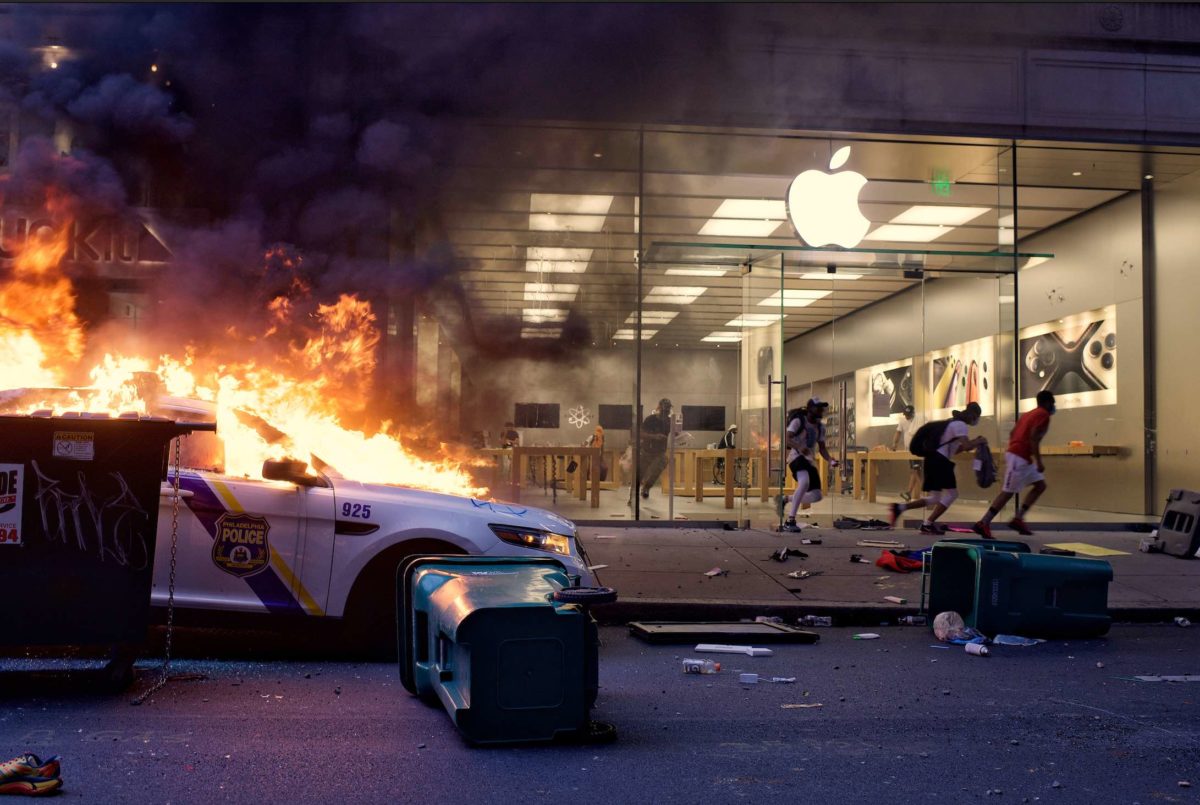A Philadelphia public school administrator told me this week it was an impossible choice.
Return to virtual learning to reduce the spread of the country’s highest pandemic spike yet. Or keep schools open because Omicron appears to be less lethal and we know how damaging school closures have been. With few good options, the decision was made for us: 100 more Philadelphia schools are going virtual this week simply because of COVID-caused staff shortages.
That’s not our only crisis.
- In the last two weeks, more Philadelphians have been shot than have died of COVID-19. Last year, more Philadelphians were murdered than in any other year.
- In a brutal representation of a wretched housing affordability crisis, 12 people, including nine children, died in a fire in Fairmount this week.
- Then, there’s the trash-strewn streets, which is a gripe so mundane that itself has become a symbol of our seeming inability to solve dire issues at home. Exasperated do-gooders ritualistically take it on as a cause.
Other crises persist, ones that rightly enrage activists, advocates and community members. You’re likely working to address one or more. Many of them are national problems that play out in Philadelphia, too, given that this old place has internalized so many of our country’s sins.
A proper new year self-evaluation though must take into account both liabilities and assets. Advocates are always motivated to argue that today is far worse than all the days before it, even if that isn’t always the truth. Philadelphia is not a broken place. It does have an unequal, and therefore unjust, form of peace. But it is ineffective and unnecessary to feel hopeless.
Consider where Philadelphia was before the pandemic struck. The city’s famously stubborn high poverty rate was actually declining — the proportion of Black Philadelphians living in poverty in 2019 was at its lowest since 2005. The percentage of Philadelphia high-income earners had grown over the decade prior for residents of all race groups. High-school graduation rates were ticking up. The Philadelphia region had conquered the post-college brain drain. The 2020 Census showed Philadelphia’s population grew steadily and was as diverse as ever.
Much has been shattered by the pandemic and its inscrutable aftershocks. None of that makes the terror of 500 Philadelphians murdered or nearly 4,500 reported to have died of COVID-19 any more tolerable. That doesn’t make up for frustrated leadership or over-matched bureaucracy or ineffectual systems. We lived with plague in 2019, and we live with it now. Each of us decides how much and what to do about that. In 2022, we can all choose to do more than before.
That school administrator I spoke to this week confided in me that he had been driven to his own self-evaluation. His school had suffered the tragedy of gun violence. His staff was struggling with burnout. A batch of graduates successfully transitioned to four-year colleges, even as more kids dropped out than in any year he could remember.
Among the lessons he shared with me: The important work happens on the bad days.
Before you go...
Please consider supporting Technical.ly to keep our independent journalism strong. Unlike most business-focused media outlets, we don’t have a paywall. Instead, we count on your personal and organizational support.
Join our growing Slack community
Join 5,000 tech professionals and entrepreneurs in our community Slack today!

The person charged in the UnitedHealthcare CEO shooting had a ton of tech connections

From rejection to innovation: How I built a tool to beat AI hiring algorithms at their own game

Where are the country’s most vibrant tech and startup communities?


